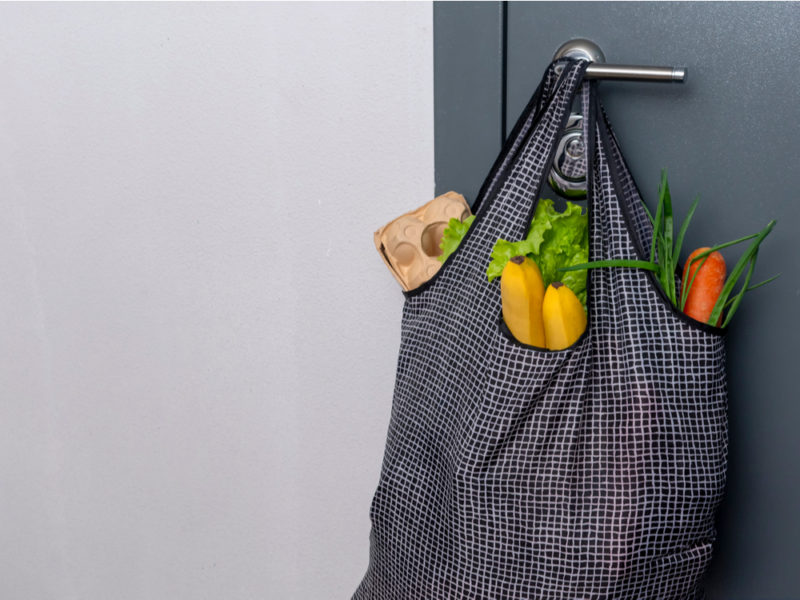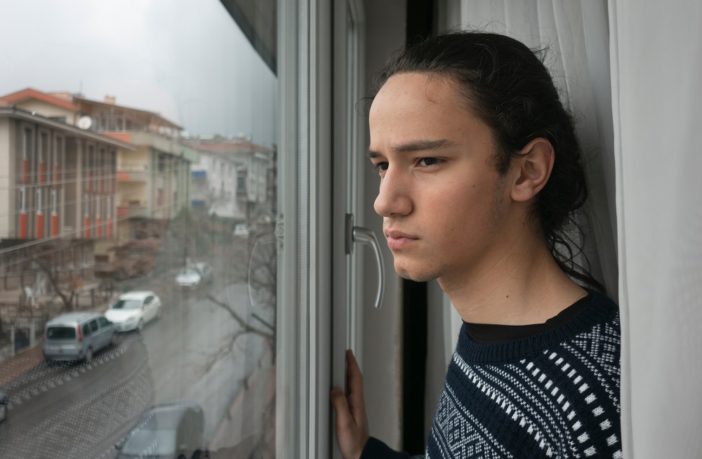This week we’re all being asked to take a little time out to be kind; kindness is the key ingredient for marking Mental Health Awareness Week.
OU lecturer in Criminology Dr Julia Downes considers the difference neighbourhood groups called mutual aid groups are doing and could do, to help support those who might need a little more kindness in life and who are facing more interpersonal and state violence in the pandemic. She begins by reminding us that already many people are acting like good neighbours, by signing up to help those who need to self-isolate in our neighbourhoods.
Mutual aid groups go further she explains, these are groups of individuals who seek to build non-punitive responses to violence and harm that do not rely on the state and aim to cultivate community survival, safety, accountability, resilience, and care.
Whilst putting victims and survivors safely in touch with specialist support services is crucial, Dr Downes explains why lessons from the transformative justice movement and mutual aid groups also opens up creative possibilities to build safer communities in the long term.
Here Dr Downes draws from her blog first published on the research and comment website Transforming Society which also includes an informative and practical guide for mutual aid groups.
“Before the lockdown new local COVID-19 mutual aid groups began to spring up across the country. There are now over 3000 local groups across the UK. These groups point to the power within local communities who can turn to each other for safety and care when the state is unable or unwilling to provide for, or protect, all citizens.
“Cultivating safety and care in this way is not new and, as Dean Spade has argued, mutual aid has been a long-term survival strategy for marginalised communities. For example, in the UK, Queercare have long been providing community care for queer and trans people and Mutual Aid UK is an intersectional support group for the most marginalised people, particularly queer and trans people of colour. Crucially these projects focus on providing care, safety and support outside state institutions due to lived experience of state failures and structural violence.
“However, the emergence of COVID-19 mutual aid groups has brought people together from very different backgrounds and starting points to respond to systemic government failures in pandemic preparations i.e. to provide access to PPE, food and testing.
“It is not uncommon to find local councillors, police officers, non-governmental and charity sector workers alongside anti-authoritarian organisers and members of marginalised groups, trying to find ways to organise together in online spaces.
“This is a difficult experiment in which disagreement and conflict over the boundaries of ‘politics’ and ‘ideology’, what is in the ‘best interests’ of others, and harmful impositions of social privilege can lead to the exclusion of the most vulnerable. The learning here is in how we stay in and build community with each other.
Exciting possibilities for neighbourhoods
“This groundswell of newly emergent mutual aid groups also opens up exciting possibilities for neighbourhoods to work together to navigate disagreement, conflict and harm in new ways right where it is happening: in the street, homes and in local groups.
For example, the harms of new policing powers were responded to in a poster, which encourages neighbours to prioritise care and compassion over calling the police to report a suspected breach of lockdown conditions. Cradle Community have developed guidance on how to be an active bystander during lockdown conditions. Sisters Uncut have demystified the question ‘Why aren’t people just staying at home?’ and made a powerful statement about the structural and interpersonal violence that domestic violence victims are facing during lockdown.

“Transformative justice tools, like pod mapping (created by Mia Mingus) offer practical steps to develop a collective response to interpersonal violence. The idea here is for us to identify who our ‘pod people’ are (who we can rely on for help when we are harmed and when we harm others) and cultivate a network or ‘pod’ to address low-level conflicts before they escalate into harm and violence.
“Transformative justice also encourages us to identify and dismantle the underlying conditions that enable violence to happen in the first place. This is about shifting the social conditions that make some people more vulnerable to interpersonal violence than others.
“Universal basic income, safe and secure housing, well-funded public healthcare and workers’ rights – all things recognised as essential for collective survival during COVID-19, are crucial in the long-term fight to end gender-based violence.
Hopeful blueprints
“The lessons being learned in practices of transformative justice and mutual aid should be at the heart of an intersectional movement to end gender-based violence. Progress has been made to articulate this vision elsewhere, evident in the work of Mariame Kaba and Building Accountable Communities in the United States, Undercurrent in Australia and What Really Makes us Safe? in Germany.
“However many people do not yet know about this work or how it is being, or could be, done in British neighbourhoods. This is why ‘How to Address Harm: A Guide for COVID-19 Mutual Aid Groups’ has been created. This guide offers information, tools and practical tips to help individuals and mutual aid groups to learn from, centre and stand in solidarity with groups who survive at the intersection of state and interpersonal violence during this moment of COVID-19.
“As Arundhati Roy recently articulated: the pandemic is a portal. The world will never be the same; transformative justice and mutual aid offer hopeful blueprints of a world in which gender-based violence can finally become unthinkable.”



